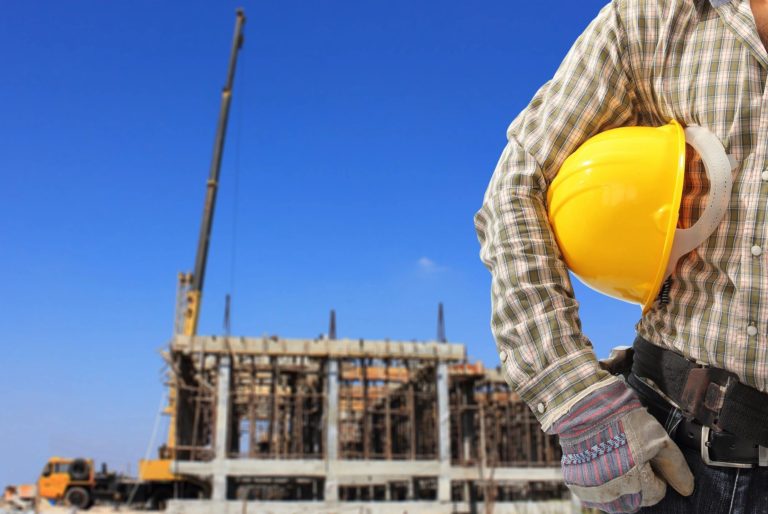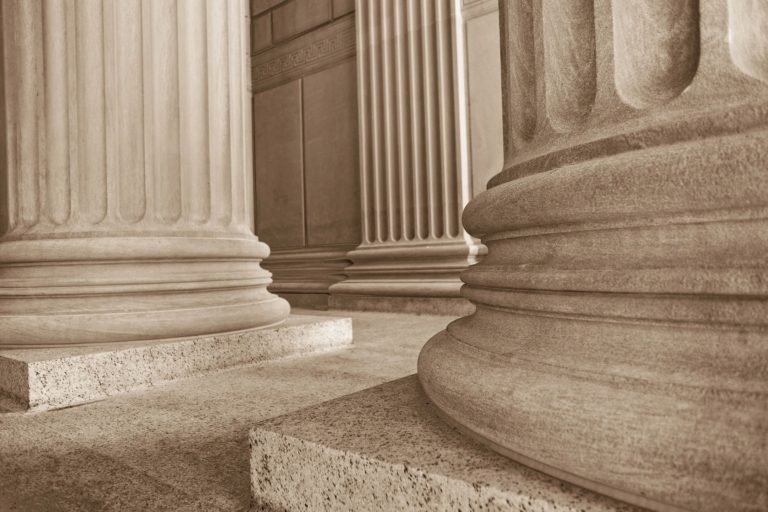The San Mateo County Superior Court in California will stop collecting $30 million in unpaid fines and fees for the next six months in the face of a lawsuit accusing it of charging a “hidden tax” on California’s poorest residents.
The county will also stop collecting debt on the court’s behalf.
The fees had done damage to Black and brown communities and others who have been disproportionately burdened by the criminal legal system, said the director of the ACLU of Northern California’s Racial and Economic Justice Program.
Legal aid groups had filed an amended complaint against the California Judicial Council, accusing them of encouraging courts to impose civil assessments for unpaid traffic tickets and missed response deadlines, and to collect on delinquent debt from those fees, called a “hidden tax.”
The Judicial Council’s agreement to not fight the lawsuit and pause litigation until October is a good sign.
Instead, the state should be funding the courts with its $97.5 billion surplus.
A spokesperson for the Judicial Council said the group is “grateful for the efforts of both the Governor’s administration and the Legislature to reform the system and provide necessary backfill funding for the judicial branch.”
Now they are pushing for the state to permanently move away from fines and fees as a funding source for the courts. The fines and higher penalties mostly fall on those least able to afford it.
In California, more than 60 percent of the $1.7 billion raised by finds and fees goes to fund state and local services, with the rest going to the courts.
Experts say that is an “inequity” when the state has taken the fines and fees it collects in the system and turns it into a revenue-generating system for government services.
Court agrees to stop collecting debt from unpaid fees after lawsuit
- 13/07/2022
- 2:26 pm
admin
Thinker & Designer
Share on facebook
Share on twitter
Share on pinterest
Share on reddit
Recent Posts

10 August, 2022
Mitchell Hamline School of Law in St. Paul, Minn. this summer accepted their first incarcerated student....

09 August, 2022
Financial inclusion is the term used for efforts to make basic banking and financial products safe, affordable,...

08 August, 2022
According to NYN Media, New York City should work with unions and re-entry providers to provide work...

05 August, 2022
Southern California is based on a reputation for offering its citizens the promise of education, jobs,...

04 August, 2022
After the murder of George Floyd ignited nationwide protests, corporate America promised to take an active...

03 August, 2022
President Biden signed Executive Order 13985 on his first day in office. That order advances racial equity...

02 August, 2022
In the wake of the killing of George Floyd and amid calls for greater social justice, the U.S. stock...
No posts found



